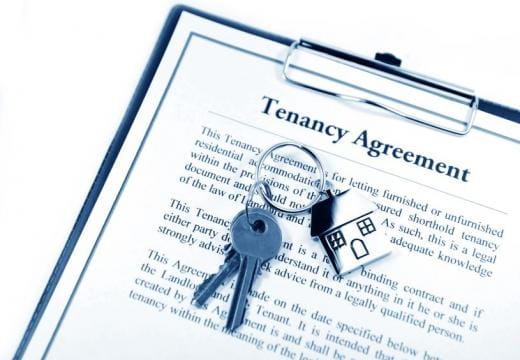What is considered a valid tenancy agreement in Ghana?
A valid tenancy agreement in Ghana is typically one that is in writing and signed by the landlord or their agent. This agreement allows a tenant to occupy a property in exchange for rent. There are exceptions to this rule, including leases by operation of law, leases by operation of equity, and leases where the tenant is in possession for a term not exceeding three years.
What are some key rights and responsibilities for tenants in Ghana?
Tenants in Ghana have the right to peaceful occupation of the premises, the right to adjustment of rent only as determined by law, the right to notice of any intended eviction or termination of tenancy, and the right to seek redress before a court of law. They are obligated to pay rent on time, use the property for its intended purpose, avoid subletting without the landlord’s consent, and allow reasonable access to the landlord for inspections and repairs. It is also the tenant’s responsibility to maintain the property’s condition.
What are some key rights and responsibilities for landlords in Ghana?
Landlords in Ghana have the right to receive rent payments, access the property for maintenance and inspection (with reasonable notice), evict tenants who violate the lease terms, and terminate a lease at the end of its term. They are obligated to provide safe and habitable housing, maintain the property in good condition, respect the tenants’ rights to privacy and quiet enjoyment, and adhere to the terms of the tenancy agreement.
Under what circumstances can a landlord in Ghana legally evict a tenant?
A landlord can seek a court order for eviction if the tenant fails to pay rent, sublets the property without consent, uses the property for illegal or immoral purposes, or causes damage to the property. A landlord can also recover the property for personal use, or for use by a close family member, if specific conditions are met.
What is the process a landlord must follow to legally recover a property from a tenant in Ghana?
To legally recover a property, a landlord must first provide the tenant with a written notice of intention to recover possession, stating the grounds for the recovery. If the tenant does not comply, the landlord can then apply to the Rent Control Court or the High Court for an order of recovery. The tenant must be served with a copy of the application and a notice of the hearing. The court will hear both parties and may order a property visit. If the court finds sufficient grounds, it may issue an order for recovery, which must be served on the tenant before the landlord can take possession.
What is the role of the Rent Control Department (RCD) in Ghana?
The Rent Control Department (RCD) is the body in charge of monitoring and establishing guidelines to manage the tenant-landlord relationship in Ghana. The RCD has the authority to ascertain whether rent should be increased or not. They also handle disagreements between tenants and landlords and provide advice in difficult situations. Additionally, every lease or tenancy agreement must be registered with the Rent and Housing Committee.
What should be included in a tenancy agreement in Ghana?
A tenancy agreement should include details such as who the property is being leased to, the property address, the rental costs, the duration of the tenancy, and the obligations of both the landlord and the tenants. It should also specify the terms and conditions to avoid future misunderstandings, such as the name and address of both parties, the amount of rent, and any other prescribed particulars.
What are some best practices for maintaining a positive tenant-landlord relationship in Ghana?
Best practices include using formal written agreements, conducting regular property inspections, establishing open channels of communication, educating tenants about property rules and maintenance expectations, seeking professional mediation for disputes, and demonstrating cultural sensitivity. Transparency, prompt communication, and mutual respect are essential for a harmonious rental experience.





